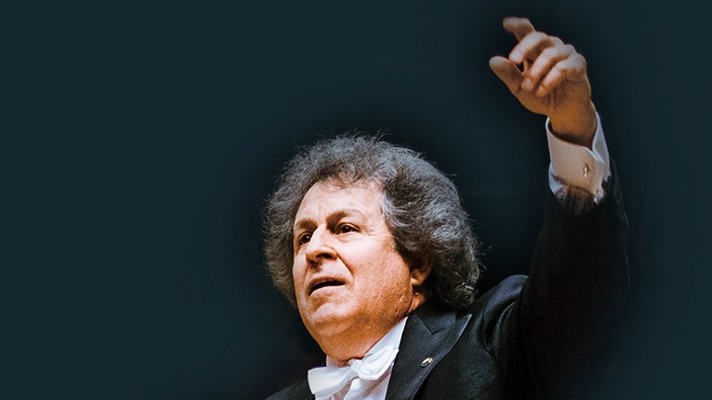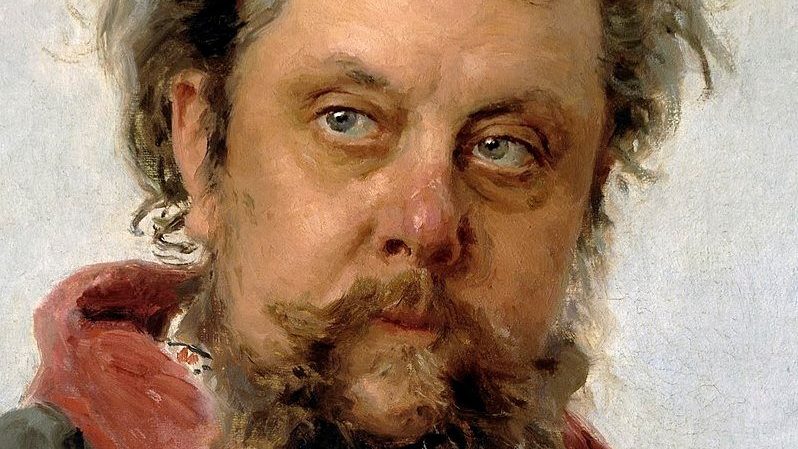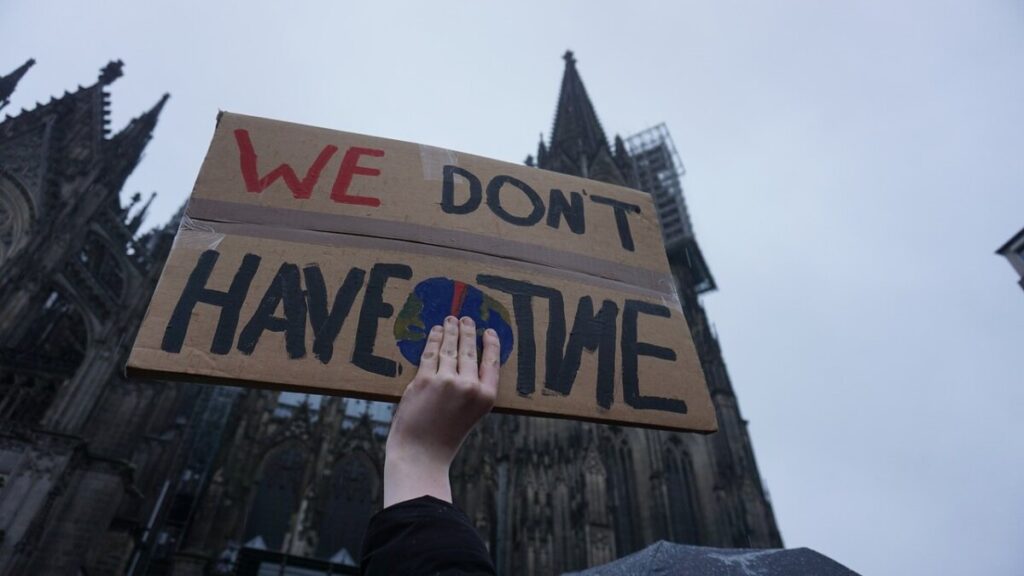„Very intense”, „flexible while precise”, „formidable” – this is what Hungarian critics wrote about his concerts. „A genius”, „I loved working with him” – said his fellow artists. Rico Saccani, the world-famous conductor is conducting in Budapest once again after 15 years. We reached the former chief conductor of the Budapest Philharmonic Society in Iceland to talk about his upcoming concert on 10th November.
– You visited Budapest a long time ago. How do you feel about your upcoming return?
– It’s going to be very emotional and very nostalgic. Budapest has always been like a second home for me. It’s the most important city in my musical development, no question about it, but it’s been almost 1,5 decades since I was there for the last time. The last concert I had there was also with the Budapest Philharmonic Society Orchestra in Müpa, in the same concert hall. As I understand there’s only about 10 musicians that have retired since the last time, I worked with them. So, it’s almost the exact same orchestra that I worked with all those years ago. So I will be surrounded by a lot of friendly, familiar musicians. I’m very excited to come back.
– You lived in Hungary for 20 years and you were the chief conductor of the Budapest Philharmonic Orchestra for eight years. Both critics and the audience were enthusiastic about your work, your colleagues loved you very much, István Berczelly wrote in his book that you are a genius. What did this orchestra and these years give you?
– You have to remember that I was very young when I first started with them. I performed almost 95% of my repertoire for the first time with the Philharmonics and we should not forget about the Opera House either! The director of the Opera at the time was András Mihály, whom I first met in 1984, the year I won the Herbert von Karajan International Conducting Competition. He was a chain smoker, and his face was full of wrinkles, but he was a lovely, lovely man. He said: Rico, you can conduct whatever you want, whenever you want. But first you have to learn these two words in Hungarian: nincs pénz! (laughs) Okay, no problem, I said, so I got to conduct almost all of my operas in Budapest for the first time as principal guest-conductor. The orchestra was wonderful to me, they were so understanding, and they appreciated me. There was a family relationship between me and the orchestra which carried over to the Philharmonic Orchestra. I had the luxury of having seven rehearsals for every concert, so I managed to achieve what I wanted with them. There’s no place in the world that can give you that. It was great and a once in a lifetime experience.
– You were Giuseppe Patané’s assistant and friend. He advised you to turn to Italian operas, but you have always expanded your repertoire. How is this expansion going?
– At my age, there’s very little expanding going on. (laughs) I have about 130 symphonic concerts that I would like to perform, and 40-50 operas that I want to get to a higher level. I need to rethink the repertoire that I have spent the last 50 years doing. When I watch myself on YouTube or when I listen to the recordings, I feel it’s too fast, or too loud, or there’s something else that I don’t like about it. I would do it all differently now.
– Do you still conduct without a score?
– Naturally. I have 1350 pages of opera in my head. The Italians say it’s much better to have the music in your head, than your head in the music. When your head is in the music and your eyes can’t look at the singers or the musicians, you’re not very helpful to anybody. It just frees me completely to make music without having to worry about turning the pages. I started as a pianist, having to memorise everything at the age of 6-7. So it wasn’t a big jump to conduct from memory.
– Now that you mention it: you were a concert pianist at the start of your career. Do you still play just for the fun of it?
– I practiced 8 hours a day in 1978, when I participated in the Tchaikovsky and Leeds competitions in Moscow. I played a wide repertoire of romantic pieces including Liszt sonatas or pieces by Musorgsky and Tchaikovsky. But when you no longer have the regular practice, and the technique… I live in Iceland so I sit down to the piano once a year to play a couple of local songs or even Happy Birthday, but that’s it (laughs).
– What did you do during the pandemic and how do you feel about starting up again?
– The pandemic put a stop to my work and that of my colleagues. My last concert was in February 2020, in Taipei with the National Symphonic Orchestra of Taiwan. So, I spent this last year and a half learning new repertoire every day, adding another 12 or 13 symphonic concerts to my repertoire, preparing the material, which is actually a part of the expansion we talked about before. For the last five years, my career has concentrated on China and Asia, because China is now the centre of the classical music universe. They’ve added 72 new orchestras and buildings, beautiful new opera houses, fantastic new concert halls. They’ve thrown all of their resources into exploding the classical music life in China, but now the country is closed to foreigners. Foreign artists will not be able to go back for another year, at least. But Europe is not much better, Hungary is one of the exceptions that are still open.
– Would you tell us about your future plans?
– I wish I could, but it all depends on COVID-19. A year ago I was offered a job to be chief conductor in one of the biggest orchestras in China as their music director and artistic director. I would have been the only foreigner to be a chief conductor in China. We had the contract signed when COVID came and no foreigners were allowed to enter the country. As I was not allowed to come to China they had to take on somebody else for the position for a year. Now they’ve contacted me again, and we’ll see if we can reopen that possibility. I would love to be able to go back to China and work with these very young orchestras. So I’m hoping that door will open again and COVID will finish very soon, I really do.







